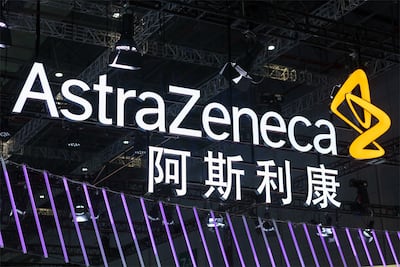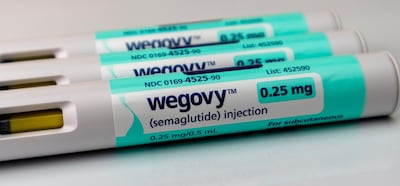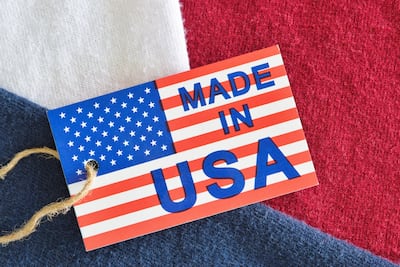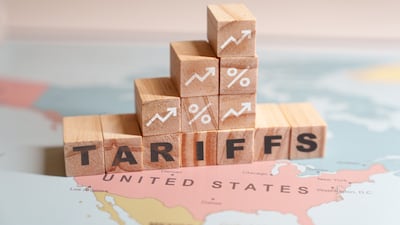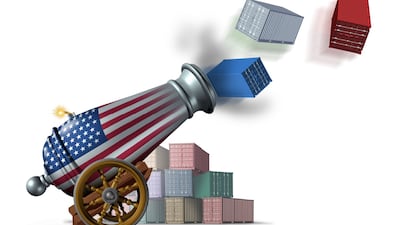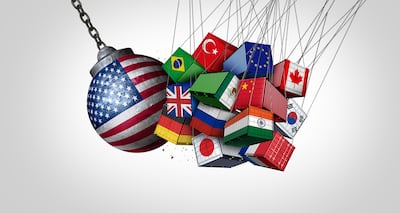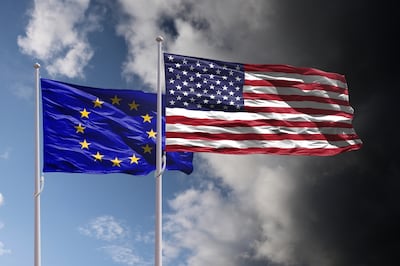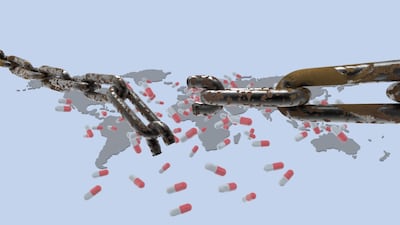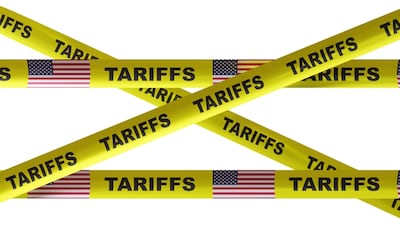Supply Chain
While China is already a key market for AstraZeneca, the UK-based firm has announced a $15bn investment commitment in the country to boost its capabilities in cell therapy and radioconjugates.
Lanreotide supply issues cloud Cipla’s Q3 FY26 earnings, with impact seen in Q4 as well, though pipeline assets augur well for US growth continuity. Perpetual rights to Novartis’s Galvus effective Jan 1, seen adding momentum to India diabetes gains.
While the regulatory environment for vaccines sours in the US, Valneva tells Scrip it is mulling an Asia hub and finalizing a strategy - that includes partnerships - for its marketed and pipeline products. Could it consider India or China as a new regional center?
The consolidation of Biocon-BBL is expected to unlock value, deliver operational synergies and provides BBL’s minority shareholders an 'earlier liquidity event'. Investor Viatris also signals accelerated expiration of biosimilars non-compete restrictions.
CRDMOs, CDMOs and GCCs are driving partnering and invigorating the wider ecosystem as India moves up the innovation value chain. CRDMOs are moving well beyond traditional outsourcing roles, a new report shows.
Novo Nordisk’s deal with Emcure for semaglutide will launch Poviztra as a second obesity brand in India, improving access to weight loss treatments following a Lilly-Cipla deal for tirzepatide and seems a clever counter to Indian majors planning to launch generic semaglutide next year
Sun’s specialty gambit reaps gains with US sales surpassing generics for the first time in Q2 FY26, but will it finally enter the fray for biosimilars as the US moves to simplify regulatory requirements in the segment?
Lupin’s plan for a manufacturing unit in the US follows Trump’s threat of tariffs on branded or patented drugs unless a company is “building” a plant in the US. Will similar investments from Indian firms follow?
Leaders from Eli Lilly, Novo Nordisk, Biocon, Dr Reddy’s and Levim discuss the huge India market potential for GLP-1s. Executives from the Indian firms also outlined efforts to build supply chain stability and cost-efficiency for products like semaglutide.
Online declaration of 100% tariffs on branded pharmaceuticals imported to the US as of Oct. 1 exempts many companies that have made US manufacturing commitments.
India has cut GST on active ingredients in drugs like Novartis’s Zolgensma, J&J’s Darzalex and Roche’s Ocrevus. But Trump added a H1B visa brick to his trade wall while US Secretary of State Marco Rubio hinted at a relook at a punitive Russian oil tariff. Scrip considers the impact
The UK-headquartered company is investing heavily in the US, with CEO Emma Walmsley among business leaders greeting President Trump on his state visit to the country.
Legal and other experts discuss the need to plug data privacy and regulatory gaps and address prescription shortcuts at e-pharmacies. Collaborative models with brick-and-mortar chemists were also proposed.
As US-India ties rupture, what could it mean for joint calls by the two nations to de-risk the pharma supply chain and could New Delhi consider non-tariff tools to make a point?
OneSource Specialty CEO Neeraj Sharma discusses with Scrip exploratory talks with next-gen GLP-1 innovators, prospects for semaglutide generics and investment in Swedish firm Xbrane, among other topics.
50% tariffs on US imports from India, a range on others, an uncertain outcome of Section 232 investigations of pharma and talk of BRICS tariffs are making forecasting for the pharma industry extremely difficult, Scrip finds in this infographic analysis
A single 15% tariff rate on imports from Europe includes pharmaceuticals, but it remains unclear if the trade deal will exclude generics or if Trump will offer a grace period.
Cipla's leadership fields shareholder queries on the specter of US tariffs and also outlines how the firm is nurturing the business for the future in areas like mRNA and point-of-care diagnostics, while building on its strength in the respiratory space.
Scrip collates data on the global manufacturing network of leading Indian drug makers, the markets serviced and production hubs for active pharmaceutical ingredients. Will ongoing geopolitical tensions and policy shifts have a bearing on some of these down the line?
Chinese API exports to the US fell by 24% year-on-year to $255m in May, when the US and China called a truce in a previously escalating trade war.

